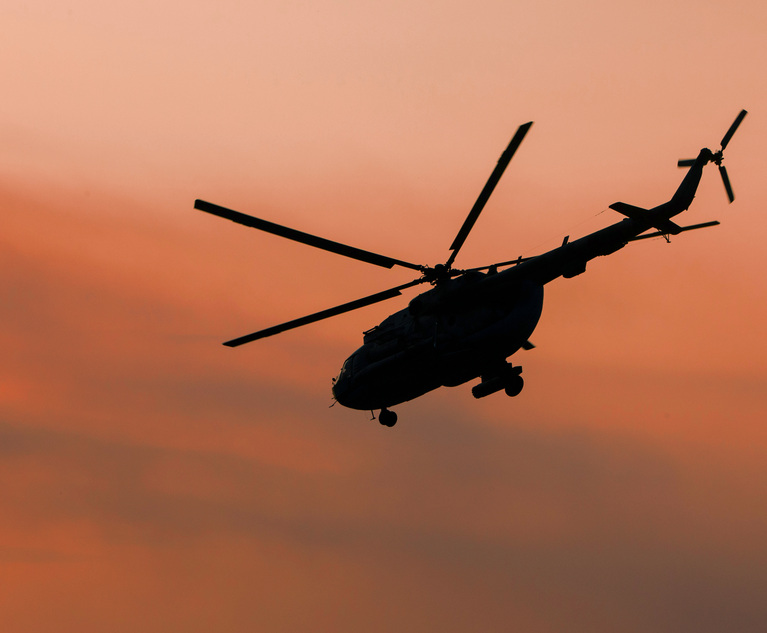CMS, which has already closed its Kyiv office, said it was in continuous contact with its people to ensure they are supported and that the firm’s emergency app had been pushed to staff phones to ensure people can send an alert should they be facing difficulties.
The firm added it was continuing to deliver services for clients, saying: “We are equipped to support the entirety of our Kyiv office in working remotely, when they can safely do so, and have the support of our wider CEE offices.”
It added: “The protection of client data is always of the utmost importance to CMS, and relevant provisions for off-site work will consider all relevant information security requirements at both a digital and hard copy level.”
Serhii Sviriba, co-managing partner at Asters, another of Ukraine’s premier law firms, maintained a stoic outlook, saying in a statement: “We look forward to seeing the situation stabilized and brought to normality in the very near future.”
However, he added: “It is indeed difficult time for all Ukrainians, but we stay optimistic and are confident in Ukraine’s destiny as a prosperous European nation,” he said. “We trust the Ukrainian government’s assessment of the current situation and keep confidence in our army’s capabilities to stop aggression.”
His firm has closed its office in Kyiv and paid salaries early in light of banking issues.
Another leader at a local top firm, who wanted to maintain anonymity, said that “things are not easy, infrastructure is at risk and some communications are down”.
“We hear sirens, we hear jets overhead. But we are made of strong stuff, and we continue our business as we can and where we can.”
He also called for the involvement of the international community, adding: “We will survive. We will triumph. But we cannot do it alone.”
International law firms including Baker McKenzie and Dentons have also closed their Kyiv offices.
Meanwhile, Kinstellar in Kyiv has put in place a raft of measures to protect staff physically and financially. Oksana Buchatska, marketing and business development manager, said Friday morning by email: “We are safe to the extent possible, but it looks like to be a very long day for us, and we shall be strong.”
International condemnation
The crisis has come under the gaze of representative bodies and legal academics, too, who have condemned the invasion as “a serious and grave breach” of international laws.
A joint statement from from the Bar Council of England and Wales, the Faculty of Advocates, the Bar Council of Northern Ireland, and the Bar of Ireland said they “unequivocally condemn the invasion of Ukraine by Russia”.
It said: “Ukraine is a sovereign state entitled to self-determination. International law requires the Russian Federation to respect Ukraine’s independence and sovereignty. This act of war is a gross violation of international law as set out in the UN Charter.”
Aurel Sari, director of the University of Exeter’s Centre for International Law in the U.K., said in a statement: “Much about Russia’s intervention in Ukraine is unclear, but the legal position under international law is straightforward and free of ambiguity. By invading Ukraine, Russia has committed a serious and grave breach of the prohibition to use armed force against another State, as set out in Article 2(4) of the United Nations Charter.
“It is important to recognize that international law remains relevant in dealing with Russia’s aggression. Since the Russian intervention amounts to an ‘armed attack’ within the meaning of the United Nations Charter, Ukraine is entitled to use whatever armed force is necessary and proportionate to bring the Russian invasion and any resulting occupation to an end.”
Anne Bagamery contributed to this report.







